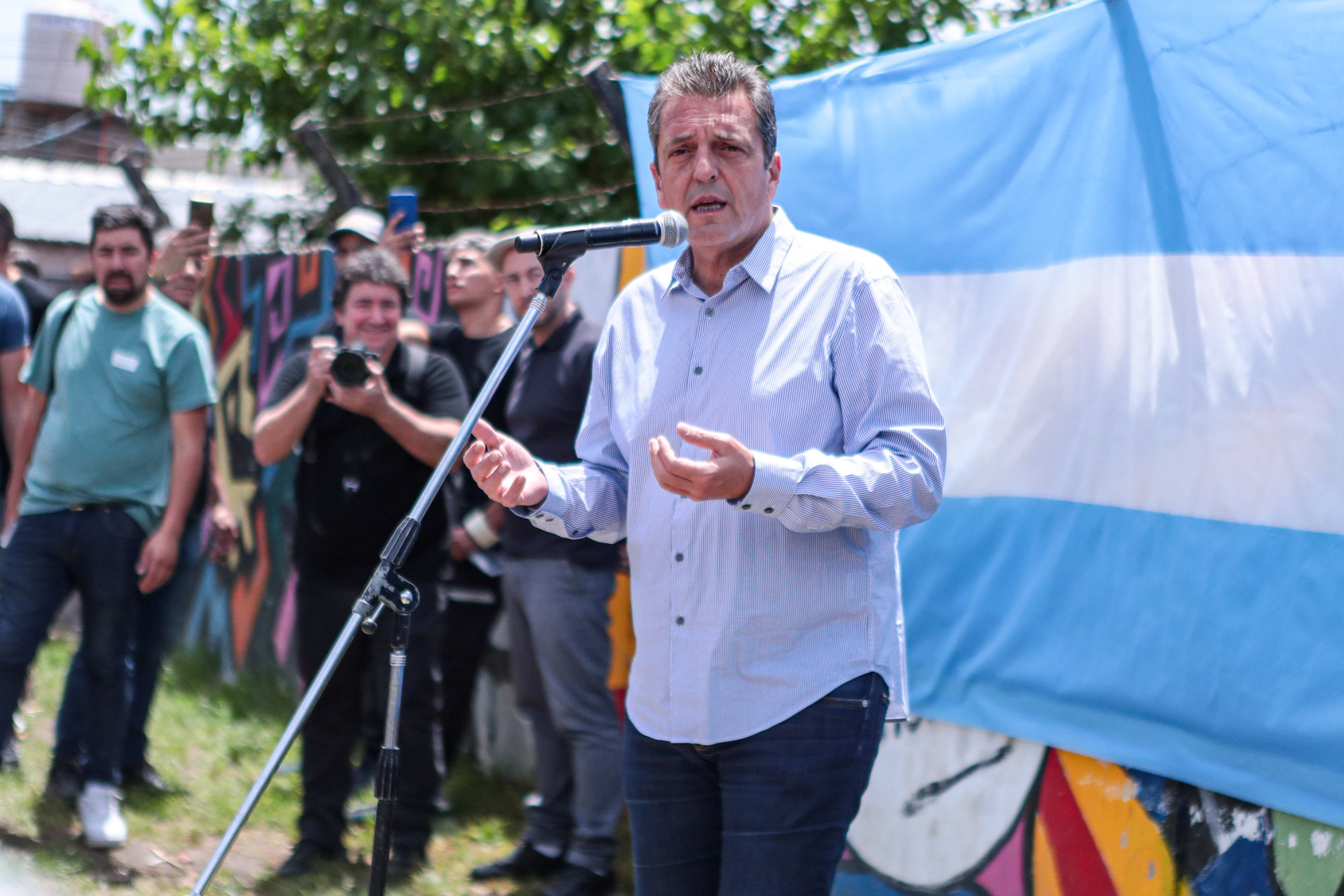New Argentine leader, China critic Javier Milei unlikely to dial back bilateral ties: analysts
But his Liberty Advances coalition won only 39 of the lower house’s 257 seats and eight of the Senate’s 72 seats, suggesting he would not be able to govern without the support of Macri and his backers.
Mondino, a leading contender to serve as Milei’s foreign minister, said Buenos Aires “will stop cooperating with the governments of Brazil and China” once Milei takes office in December.
Bigger Brics bloc helps China but also brings fresh risks: analysts
Bigger Brics bloc helps China but also brings fresh risks: analysts
The statements alarmed Beijing. China’s foreign ministry on Monday congratulated the Argentine president-elect, but cautioned against breaking commercial and diplomatic agreements that have already been signed.
Mao Ning, a Chinese foreign ministry spokeswoman, said Beijing had “always attached great importance to the development of relations” with Argentina and that their ties had come from a “general consensus among all areas of society, with tangible benefits for both peoples”.
“No country can break off diplomatic relations and still be able to engage in economic trade and cooperation,” Mao added. “It would be a huge foreign-policy mistake for Argentina to cut ties with major countries like China or Brazil.”
Beijing voiced its concerns after advisers close to Milei vowed to review agreements the Argentine government already signed or negotiated with the Asian giant. The most important of these involves Espacio Lejano Station in Patagonia in southern Argentina.
China invested US$50 million in the space station’s construction, making it the first structure of its kind to be built outside Chinese territory.
The investment was made possible in 2012 when Argentina approved a land concession to the Chinese government for the project for 50 years.
Beijing has said the station exists solely for scientific pursuits, but concerns about this assertion have been raised since 2018, following Argentine media reports of Chinese military personnel being spotted on site. The project has also generated criticism over a lack of domestic oversight.
Malacalza said Milei would probably face resistance were he to halt space station plans as they relate to China because the agreement was approved by the Argentine Congress.
The same could be said of Argentina’s currency-swap agreements with China. Buenos Aires has been relying on the financial contracts to meet its financial obligations owing to its depleted international reserves and lack of US dollars.

“Swaps are crucial for Argentina. In the short term, replacing this key assistance for reserves is challenging,” added Malacalza, saying the viability of yuan-swap agreements would depend on whether Milei makes good on his controversial campaign pledge of abandoning the Argentine peso as the national currency in favour of the US dollar.
In addition, negotiations for future China-financed projects “may face some challenges”, Malacalza noted.
Among the main projects reported to be under negotiation are the construction of a new nuclear power plant in Lima, a small town in Buenos Aires province, and a new port in Rio Grande, a strategic region in Argentina.
Mondino said she intended to offer the projects to private competitors from other countries despite negotiations with China having reached an advanced stage.
Even if Milei softens his tough talk on China, he could still tackle contentious bilateral issues that he thinks need addressing, said Patricio Giusto of the Sino-Argentine Observatory.
Giusto pointed to Argentina’s unfavourable trade deficit, estimated at US$9.5 billion in 2022 alone, as well as several investments that have been paralysed due to the country’s inability to pay its debts.
Argentina to open consulate in southwest China to meet ‘growing demands’
Argentina to open consulate in southwest China to meet ‘growing demands’
Although Milei’s victory potentially represents a slowing of Chinese initiatives in the country, his wish to engage the US and European countries in further dialogue might elicit a lukewarm reception from them.
Milei has previously said he does not consider these issues important.
Milei’s scant experience in public affairs also fuelled fears among many in the US and Europe, he added. Milei has only been a member of the lower house for two years and has never held a position in Argentina’s executive branch.
“Of course, it is probably more favourable for them to have a president like him who is openly anti-China,” said Giusto, referring to Washington and Brussels.
But in light of “Argentina’s critical situation, this could cause further serious problems”, he added, saying diminished economic relations with Beijing could cause more instability, which would be anything but favourable for the West.





